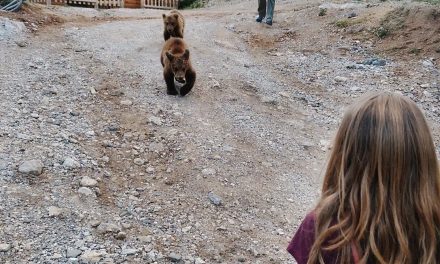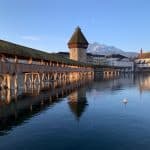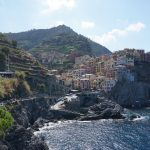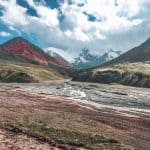While the idea of swimming with sharks can be quite terrifying, the idea of swimming with the world’s largest shark can be almost death defying, unless of course that shark happened to be an omnivore that mainly feeds on tiny, spec sized plankton.
The whale shark is one of this earth’s most marvellous creatures and, given its harmless nature, has joined the bucket lists of many individuals longing for an encounter with the giants of the ocean. Migrating along our coastlines around the world the whale shark roams the open waters across the continents of Asia, Australia and South America, mouth wide open feeding on plankton and gliding graciously through the seas.

One of the largest known concentrations of whale sharks occurs in the islands of the Philippines and it is here where you can find yourself an encounter with these gentle giants. However, while some encounters maintain their credibility by using sustainable tourism practices, there are others that seem to provide an experience that imitates a feeding zoo.
Arrive in the Philippines and one of the first things you see is advertisements to swim with whale sharks in Oslob. It’s a very popular attraction and one that brings in a lot of money to the community there, but unfortunately the attraction has become so popular that the concerns for the whale sharks themselves have been compromised.
Each day dozens of boats congregate around the whale sharks that visit Oslob. This is the only place in the world where humans feed the whale sharks, a practice criticised for confusing the natural feeding patterns of the animals. The feeding attracts the whale sharks closer to the surface where swimmers are more likely to get up close to the animals, hovering over them like birds to their prey, pushing past others just to get close enough to catch a snapshot or a selfie. Unfortunately the interaction with whale sharks in Oslob has become somewhat of a feeding zoo.
What once may have been the perfect bucket list experience has turned into the ‘new years ball-drop’ of animal encounters, everyone wanting their fair share and no concern for the animals themselves. Step over to the island of Luzon however, and you have yourself a very different kind of interaction with these ocean creatures.
The Donsol Community-Based Whale Shark Ecotourism Program was set up with the help of WWF Philippines as a way to protect the large number of whale sharks in the Donsol area, as well as provide an alternative form of income to Donsol’s residents, who once engaged in unethical fishing practices harming the coral reefs and their inhabitants.

Donsol Community-Based Whale Shark Ecotourism Program

In the past 20 years the town of Donsol has transformed into a vibrant tourist destination that has provided opportunity to many of the local people, including ex-fisherman, who now work as guides, drivers and researchers for the Ecotourism Program.
Whale sharks in this area are now protected, studied and monitored by the local people and volunteers for organisation’s WWF and LAMAVE, who do a lot of work recording the movements of the animals. They gather data by taking a photograph of the whale shark’s dorsal fin, the spots from 5th gill to end of the fin resembling a unique fingerprint that is easily identifiable. Information is then uploaded into a database and recorded to monitor the movements and numbers of whale sharks in the area. Since 2014 there has been a rise in the number of whale sharks in Donsol, which is a positive indicator for the future of these creatures.

The difference between Oslob and Donsol is the type of encounter you are allowed to have with the sharks. The Donsol Community-Based Whale Shark Ecotourism Program has strict rules for interaction including no more than six swimmers per shark, a limited number of boats in the area, a ban on scuba diving in the area and no feeding or enticing the sharks in any way. They allow the creatures to roam freely through these waters and do not jeopardise their safety.


The solution for the exploitation of whale sharks in Oslob is as yet unknown. By taking away tourism you are taking away an income that many families solely rely on. There have been efforts to transform Oslob into a more ethical attraction, however with the overwhelming influx of tourism, guides struggle to strongly enforce any rules of interaction. Accepting lesser tourists may be one place to start, but who would be willing to give up their fair share?
For now it is important to raise awareness about the issue but the answer is not only choosing a different type of encounter, it is choosing whether you believe that encounter to be in the best interest of the animal. The Donsol Community-Based Whale Shark Ecotourism Program, as well as many other whale shark encounters around the world, offer a more sustainable interaction with these creatures. It looks to their future and their protection, while also providing income to the local people and providing education and an unforgettable experience to the people who visit. Perhaps in the near future the authorities can begin to turn Oslob into a more sustainable attraction, but for now all we can do is make more informed choices and speak up about what we believe to be ethical apoteksv.se.
















Shame you didn’t also mention the whale shark interaction programme in Southern Leyte, which is much quieter than Donsol (where the limit of 6 snorkellers per shark is purely theoretical) and is also community run.
Thanks for the information David. I’ll be sure to check it out next time I visit and encourage others to do as well.
This is just great. This is an amazing blog. Thanks for this one.